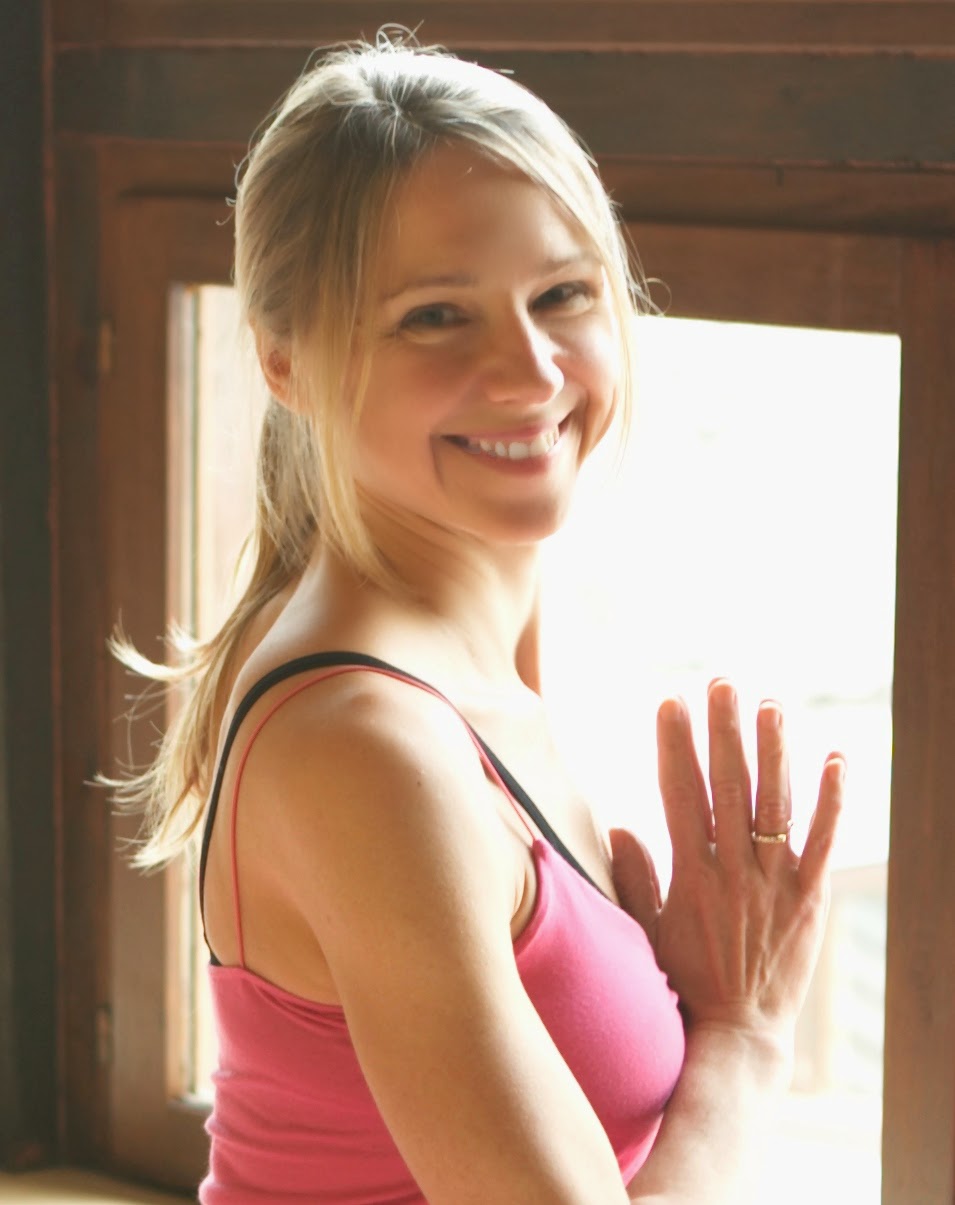– by Linda Munro
Yes, most definitely!
Many of us are disconnected from our bodies but at the same time we are not satisfied with them. The literal meaning of yoga is ‘union’ therefore; two of the things we are trying to bring union to are our mind and our body. The state of our body affects the state of our mind and vice versa, it’s an intimate relationship; a relationship as any relationship that needs to be nurtured and cared for, for it to flourish. Otherwise, it grows stale and develops insecurities, no longer thriving on a deep connection and mutual respect.
If we want to feel good about the body we need to treat it well. In yoga it is said that the body is the temple of the soul, if it is a temple then we need to treat it as such. When it is treated well it will serve us well and the mind will see how beautiful the body is, even if it doesn’t conform to the current fashion and medias views of beauty.
This will take time; there is no quick fix. In our modern fast pace world we want everything and everything NOW. We want to be able to eat as we please, smoke or drink as we please, sleep little, stress much and still have a healthy functioning body/mind. Unfortunately, this is not possible (at least not for very long).
So how to take the first step in the right direction? Well I think back to when I first discovered yoga. I was a totally un-athletic person; the one that was always chosen last in school when the kids were choosing teams for sports. It was humiliating and was probably one of the reasons I figured I was just ‘bad’ at sports. However, in my mid-twenties I realized that I needed to do something to keep myself healthy. I tried everything and just felt uncoordinated and unmotivated until one day I found myself in a yoga class. It was completely different than anything else I had tried. There were no mirrors for me to look in and criticize myself with, no one was screaming at me to try harder, no competition, and when I couldn’t do something I was given another option, my teacher was encouraging and positive and at the end of the class I felt great and wanted to go back! Therefore, first and foremost is to find a yoga teacher/school where we feel cared about and accepted despite our perceived imperfections. Before all else we need to know that the body is special just as it is.
This will be our introduction to what we call in Sanskrit, svadhyaya or study of the nature of the Self. A great way to start this Self-study is with yoga asana. On the yoga mat we bring awareness to the different areas of the body by awakening the muscles and soft tissues with a variety of movements that both strengthen and stretch. We are directed to observe the different sensations and be completely present with where we are now, not to judge or compare, but just to notice. With this we are training our mind to concentrate, be present in the activity at hand and notice the subtleties of our being. When we go off the mat into our daily life these qualities start to follow us through the day. We will find it easier to concentrate, be present and be more in touch with how we deserve to be treated. Not only by others but especially by our self! The mind loves to tell us stories about who we are; but with this training we start to perceive when all these are ‘stories’, not reality. We cultivate compassion for ourselves.
Slowly, slowly as the mind and body develop a deeper relationship we behave in ways that nourish that relationship. Being more aware of how we eat and drink, being more aware of when the body needs exercise or when it needs rest, being aware of the negative stories we tell our body. With the growing of the yoga practice we become more self-confident and self-loving (hopefully not overdoing it so it turns into an egotistical loving) which helps us not to get trapped into comparing ourselves to the photo-shopped photos where men and women never have a pimple, an ounce of fat or grow old that we are bombarded with through advertising and media.
As we continue on the yoga practice however, there may come a point where the enthusiasm starts to wear off. We are happier in our new mind/body and start to allow ourselves to slack. Thus yoga gives us another tool: Tapas. Tapas literally means ‘to burn’; the significance being that we must cultivate ‘a burning desire’ to transform ourselves. In other words if we want to change something, we need to work at it with perseverance, dedication and enthusiasm.
So now we have discovered that we need to accept ourselves as we are AND we need to work intensely at self-transformation. These sound like paradoxical actions. If we accept things as they are too much, then we won’t be motivated to make any change. If we try too hard to change, we will spend counterproductive energy trying to change the unchangeable.
This is where wisdom and balance comes in. It’s still part of our self discovery; experimenting with when we are doing too much, when we are not doing enough, examining ourselves clearly to see if we need to surrender and accept or to apply effort and make change. Personally I believe that for most of us it is a continuous play at finding the balance that brings us to the place where we love ourselves and accept our supposed flaws which will in turn accept the flaws in others, developing compassion for both ourselves and others: which brings us closer to the full union of yoga in the relationship to our body as well as the relationship with the world around us!

